FAQ & Support for Parents
What to do if I am worried?
As parent and carers you know your child better than anyone. If you are worried that your child may have Special Educational Needs you need to speak to your child’s class teacher.
Your child’s class teacher can make a referral for your child to be seen by the school SENCO – Mrs Kate Ortoft.
You may then be contacted by the SENCO to come for a meeting to discuss next steps.
You can make an appointment directly with the SENCO by contacting the school office on 0161 224 1269 or admin@chapelstreet.manchester.sch.uk.
You can also visit your GP if, for example, you think your child may need to see a Paediatrician or Speech Therapist.
At Chapel Street we have a dedicated staff who are here to help and are happy to discuss any concerns you may have.
Please see our SEND policy and Inclusion policy (available on this page or at the school office for a printed version) for more information.
If you would like to view Manchester’s Local Offer please click here.
If you want advice from professionals outside school you may find the following contacts helpful:
Parent Partnership: 0161 209 8356
School Admissions: 0161 245 7166
Manchester Families Service Directory: http://manchester.fsd.org.uk
You may also find the following documents, produced by the Department for Education (DfE), useful:
- Special Educational Needs and Disabilities guide for parents and carers
- Easy read information on SEND reforms
Useful Links
We have listed some useful links below. Clink on the links to find out more.
Not receiving the support you feel you need from us?
If you're not happy with the support that Chapel Street are providing you or your child, you can contact us on admin@chapelstreet.manchester.sch.uk or via the contact form here.


